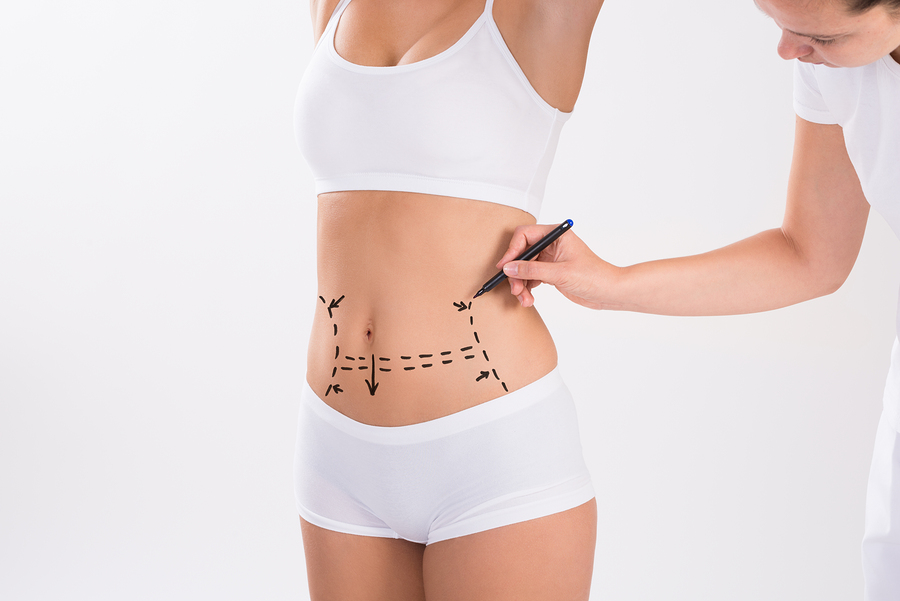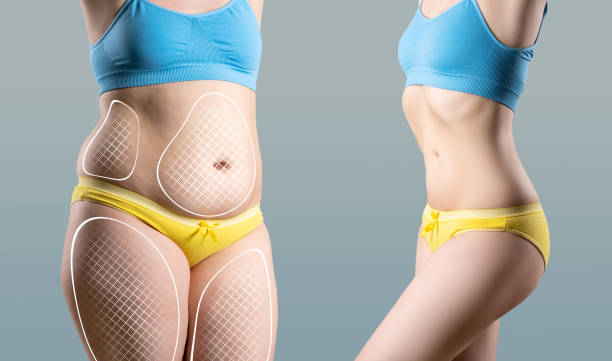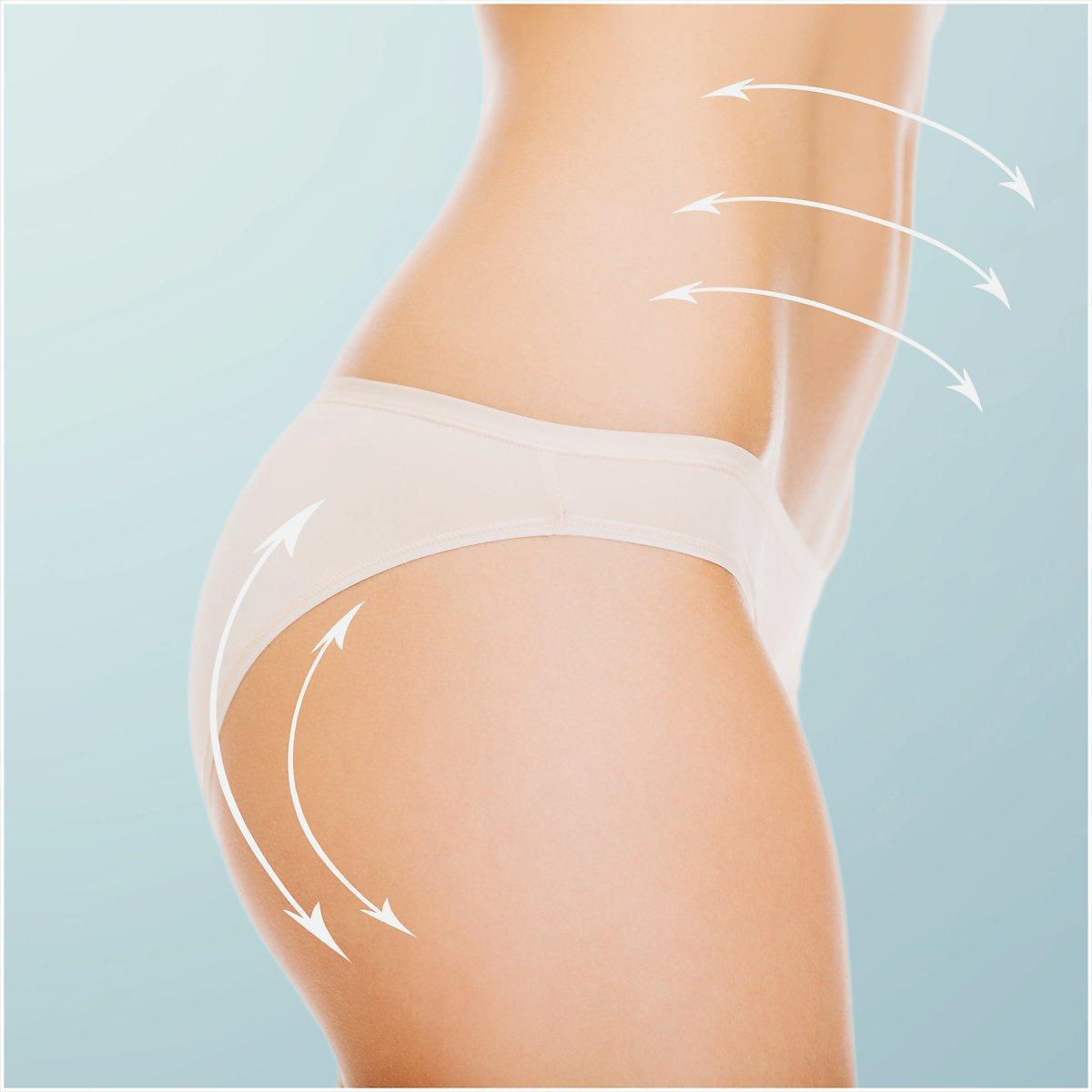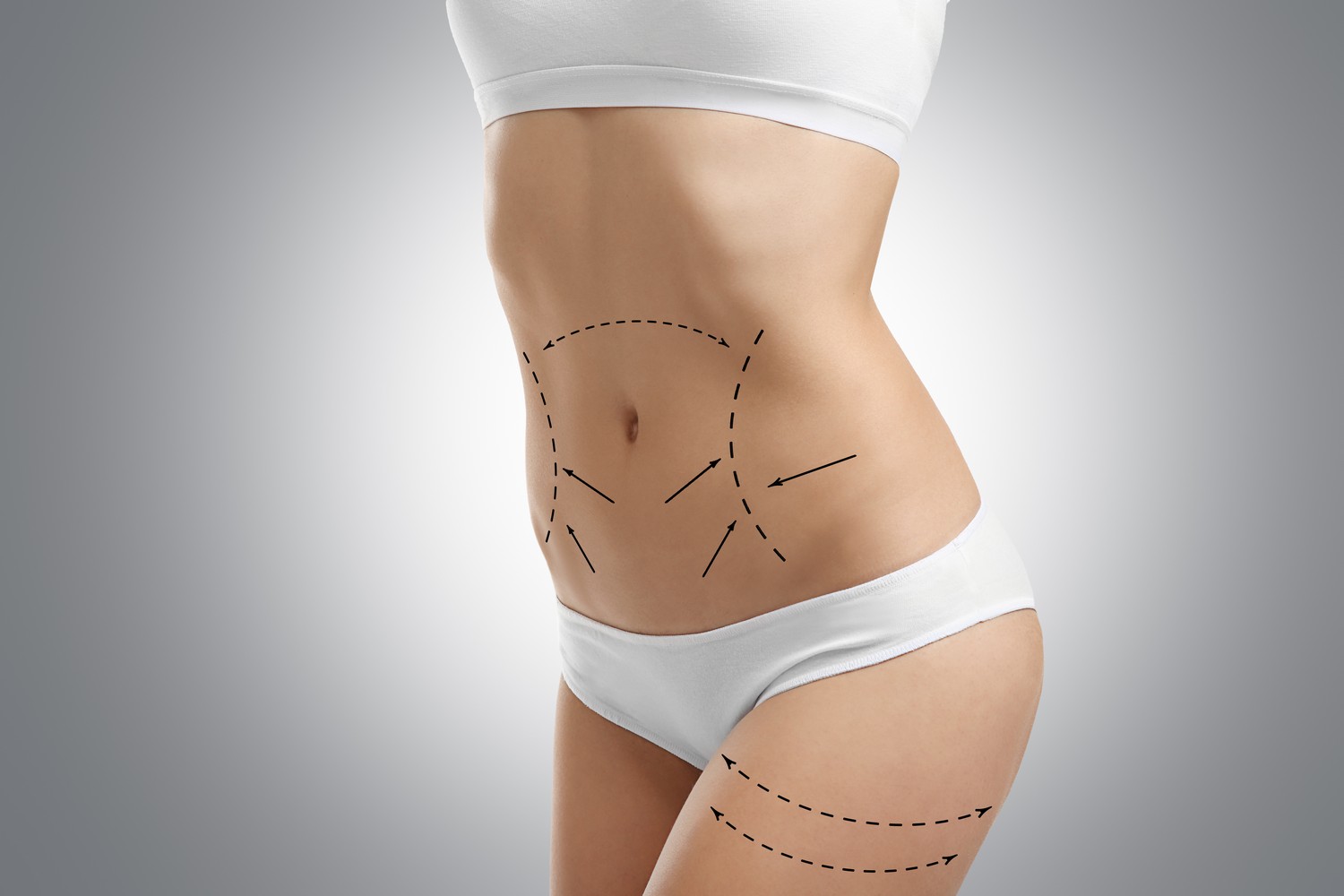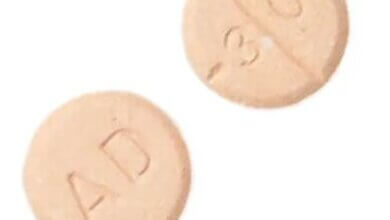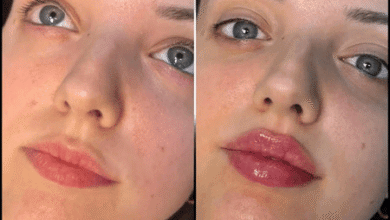The Role of Liposuction in Treating Lipedema and Other Conditions
The Role of Liposuction in Treating Lipedema and Other Conditions

Liposuction in Dubai (شفط الدهون في دبي)has become more than just a cosmetic procedure; it now plays a vital role in managing medical conditions such as lipedema and other fat-related disorders. Lipedema is a chronic condition characterized by abnormal fat accumulation, often causing pain, swelling, and mobility issues. Traditional treatments provide limited relief, but modern liposuction techniques offer promising therapeutic benefits. Understanding how this procedure aids in treatment helps patients make informed choices beyond aesthetic improvements.
What Is Lipedema and How Does It Affect the Body?
Lipedema primarily affects women and is often misdiagnosed or confused with obesity or lymphedema.
Key Features of Lipedema:
-
Symmetrical fat deposits mainly in the legs and arms
-
Painful and tender fatty tissue
-
Easy bruising and swelling in affected areas
-
Disproportionate lower body compared to the upper body
-
Progressive worsening without proper management
This condition can severely impact quality of life, leading to discomfort and reduced mobility.
How Long Does Recovery Take?
Recovery varies depending on the extent of the procedure and individual healing rates.
Typical Recovery Timeline:
-
First few days: swelling, bruising, and mild discomfort expected
-
1 to 2 weeks: many patients return to light activities and work
-
4 to 6 weeks: most swelling subsides, and normal exercise can resume
-
Several months: final results become visible as the body heals fully
Wearing compression garments as advised supports smoother recovery.
Will Liposuction Help with Weight Loss?
Liposuction is not a weight-loss surgery but a body contouring procedure.
What to Expect Regarding Weight:
-
Removes localized fat deposits rather than large amounts of weight
-
Best suited for patients who already follow healthy habits
-
Helps improve body shape and proportions, enhancing overall appearance
-
Maintains long-term results with proper diet and exercise
Understanding this distinction is key to setting realistic expectations.
Are the Results Permanent?
Fat cells removed through liposuction do not regenerate, making results long-lasting.
Maintaining Your Results:
-
Healthy lifestyle choices are essential to prevent new fat accumulation
-
Weight fluctuations can affect contour and appearance
-
Follow-up consultations help monitor and maintain outcomes
Permanent fat removal means liposuction offers a lasting solution when combined with healthy habits.
What Are the Possible Side Effects?
Like any surgery, liposuction has potential side effects, mostly temporary and manageable.
Common Side Effects Include:
-
Swelling and bruising in treated areas
-
Mild pain or discomfort during recovery
-
Temporary numbness or changes in skin sensation
-
Minor scarring at incision sites
Following your surgeon’s advice helps minimize these effects.
How Much Does Liposuction Cost?
The cost varies widely depending on factors like treatment areas, surgeon’s expertise, and facility fees.
Cost Factors to Consider:
-
Number of areas treated
-
Type of anesthesia used
-
Geographic location and clinic reputation
-
Pre-op tests and post-op care requirements
Discussing budget openly with your clinic will help tailor the best treatment plan.
How to Choose the Right Surgeon for Liposuction?
Choosing the right surgeon is critical for both safety and satisfaction.
Tips for Selecting a Surgeon:
-
Verify board certification and credentials
-
Review before-and-after photos of past patients
-
Read patient testimonials and reviews
-
Ensure clear, honest communication during consultation
-
Confirm facility accreditation and safety standards
A qualified surgeon ensures the best experience and results.
Why Traditional Treatments Often Fall Short:
Conventional methods like diet, exercise, and compression therapy help manage symptoms but rarely reduce the abnormal fat itself.
Limitations Include:
-
Fat deposits resistant to weight loss efforts
-
Persistent pain despite conservative care
-
Swelling that worsens over time without intervention
-
Psychological distress due to body changes
These challenges underscore the need for more effective treatment options.
How Liposuction Helps in Lipedema Management:
Modern liposuction techniques target the pathological fat deposits specifically, offering relief and improved function.
Therapeutic Benefits of Liposuction Include:
-
Significant reduction in painful fat tissue
-
Improved mobility and range of motion
-
Decreased swelling and bruising
-
Enhanced quality of life and psychological well-being
-
Ability to slow or halt disease progression
Patients often report notable improvements in daily activities and comfort post-procedure.
Types of Liposuction Used for Medical Conditions:
Not all liposuction methods are the same; some are better suited for treating lipedema and related disorders.
Preferred Techniques:
-
Tumescent liposuction: Uses large volumes of diluted local anesthesia for gentle fat removal
-
Water-assisted liposuction: Employs a controlled water spray to dislodge fat cells
-
Laser-assisted liposuction: Utilizes laser energy to melt fat before removal
These advanced methods minimize trauma and protect lymphatic vessels, crucial in lipedema treatment.
Liposuction for Other Fat-Related Medical Conditions:
Beyond lipedema, liposuction is also effective in managing several other disorders.
Additional Conditions Benefiting from Liposuction:
-
Lymphedema: Chronic swelling due to lymphatic system blockage
-
Dercum’s disease: Painful fat deposits causing lumps beneath the skin
-
Familial multiple lipomatosis: Genetic condition with multiple benign fatty tumors
-
Post-liposuction contour irregularities: Corrective procedures for uneven fat removal
Each condition requires a tailored approach for optimal results.
Safety and Considerations for Patients:
Safety is paramount when using liposuction for medical treatment rather than purely cosmetic reasons.
Key Safety Measures:
-
Thorough medical evaluation before surgery
-
Choosing surgeons experienced in medical liposuction
-
Using specialized techniques to preserve lymphatic function
-
Close follow-up care and symptom monitoring
Patients should always discuss potential risks and benefits with their healthcare provider.
The Importance of Expert Care in Dubai:
Dubai’s medical landscape offers access to skilled surgeons and cutting-edge technology, making it a preferred destination for such procedures.
Benefits of Seeking Treatment in Dubai:
-
Access to board-certified plastic surgeons specializing in medical liposuction
-
Advanced facilities equipped with latest liposuction technologies
-
Multidisciplinary teams for comprehensive patient care
-
Confidential and patient-focused treatment environment
These factors contribute to better outcomes and patient satisfaction.
Post-Liposuction Care and Long-Term Management:
Successful treatment extends beyond surgery to include ongoing care and lifestyle adjustments.
Essential Post-Procedure Guidelines:
-
Wearing compression garments as recommended
-
Engaging in gentle exercise to promote circulation
-
Maintaining a balanced diet and healthy weight
-
Regular medical check-ups for monitoring symptoms
Long-term commitment enhances the durability of treatment benefits.
Conclusion:
Liposuction’s role in treating lipedema and other fat-related conditions highlights its transformative potential beyond beauty. Patients suffering from these challenging disorders can find real relief and improved quality of life through specialized surgical care. If you are considering Liposuction in Dubai for medical reasons, consult with experienced professionals who understand the complexities of these conditions and offer tailored treatment plans. This approach ensures both safety and effective symptom management, combining innovation with compassionate care.

